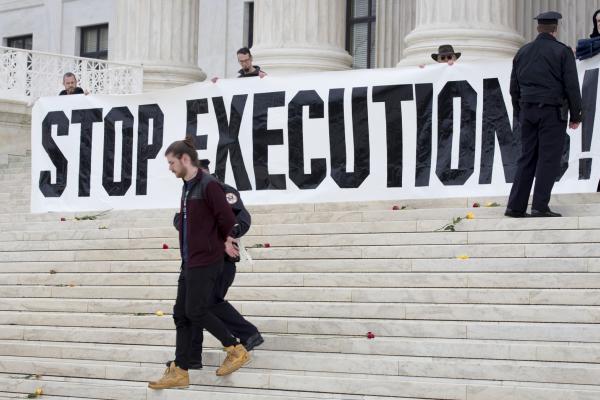Jan 25, 2017
They removed all the black folks from the pool of potential jurors.
In the trial of a black man convicted of killing two white folks.
Not in 1950 ... but in 2002.
Read the Full Article

Already a subscriber? Login

They removed all the black folks from the pool of potential jurors.
In the trial of a black man convicted of killing two white folks.
Not in 1950 ... but in 2002.
